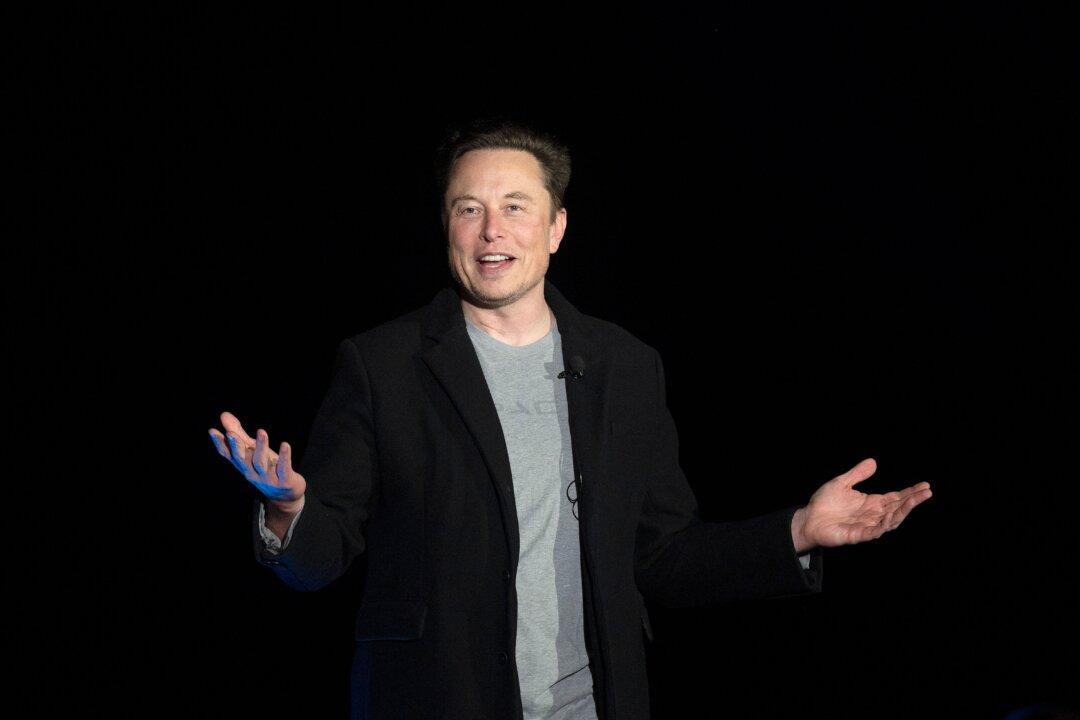Billionaire tech mogul Elon Musk said Thursday the reason he’s trying to buy Twitter is not to make money but to turn it into a bastion of free speech and reduce the “civilizational risk” to freedom and democracy from excessive and opaque restrictions on expression.
Speaking at a TED event in Vancouver, Canada, on April 14, Musk said that Twitter had become “kind of the de facto town square,” a space where important conversations should be able to take place with as few constraints as reasonably possible.





